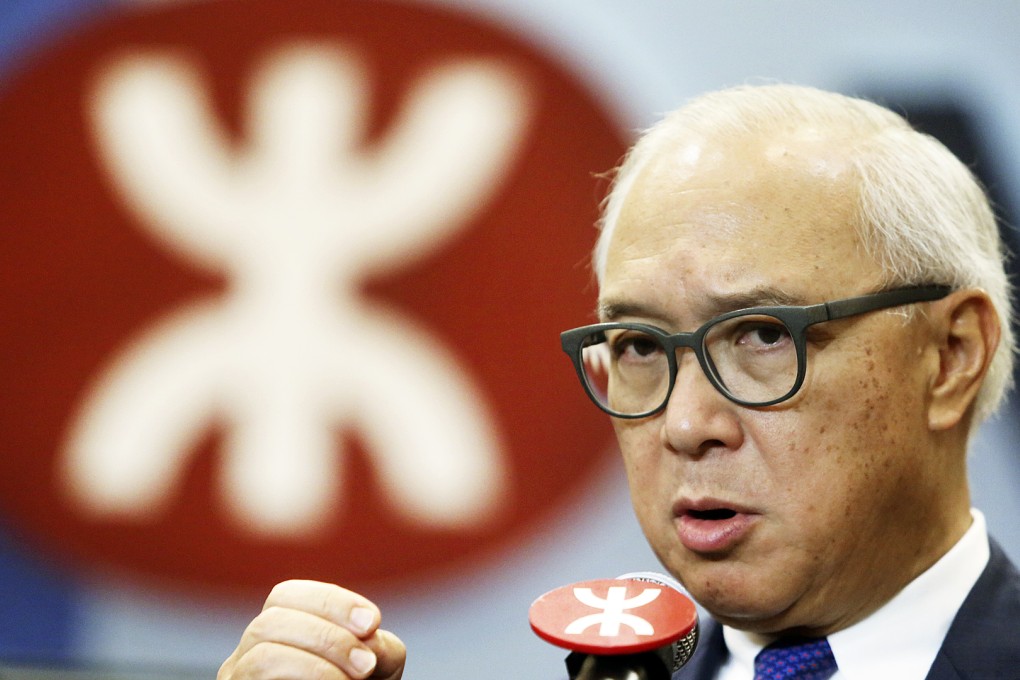Update | Joint border controls proposed for Hong Kong-China rail link raise Basic Law concerns
Hong Kong and mainland authorities have yet to agree on allowing mainland immigration officials to work at the cross-border high-speed railway terminus in West Kowloon - but believe the matter can be resolved.

Hong Kong and mainland Chinese authorities have yet to agree on allowing mainland immigration officials to work at the cross-border high-speed railway terminus in West Kowloon - but believe the matter can be resolved, the city's justice minister said.
The issue of how these officials can enforce mainland laws in the city without breaching the Basic Law arose during talks between Justice Secretary Rimsky Yuen Kwok-keung and mainland officials in Shenzhen yesterday.
He expressed confidence the matter would be resolved by the end of 2017, when the long- delayed link is scheduled to open.
Speaking after the meeting, Yuen reiterated that both sides had agreed a single immigration checkpoint for passengers should be created, instead of checkpoints at each side of the border.
"The progress today is reasonably good. It's very constructive," he said. "We believe we should be in a position to achieve the target towards the end of 2017, when the railway is to start operation."
READ MORE: Contractors ‘not cooperating’ with MTR on delayed high-speed rail link to mainland China
Little progress has been made since the project received funding in 2010 amid legal and constitutional concerns that allowing mainland officers to work in Hong Kong would undermine the "one country, two systems" principle. The project was 68.7 per cent complete at the end of March.